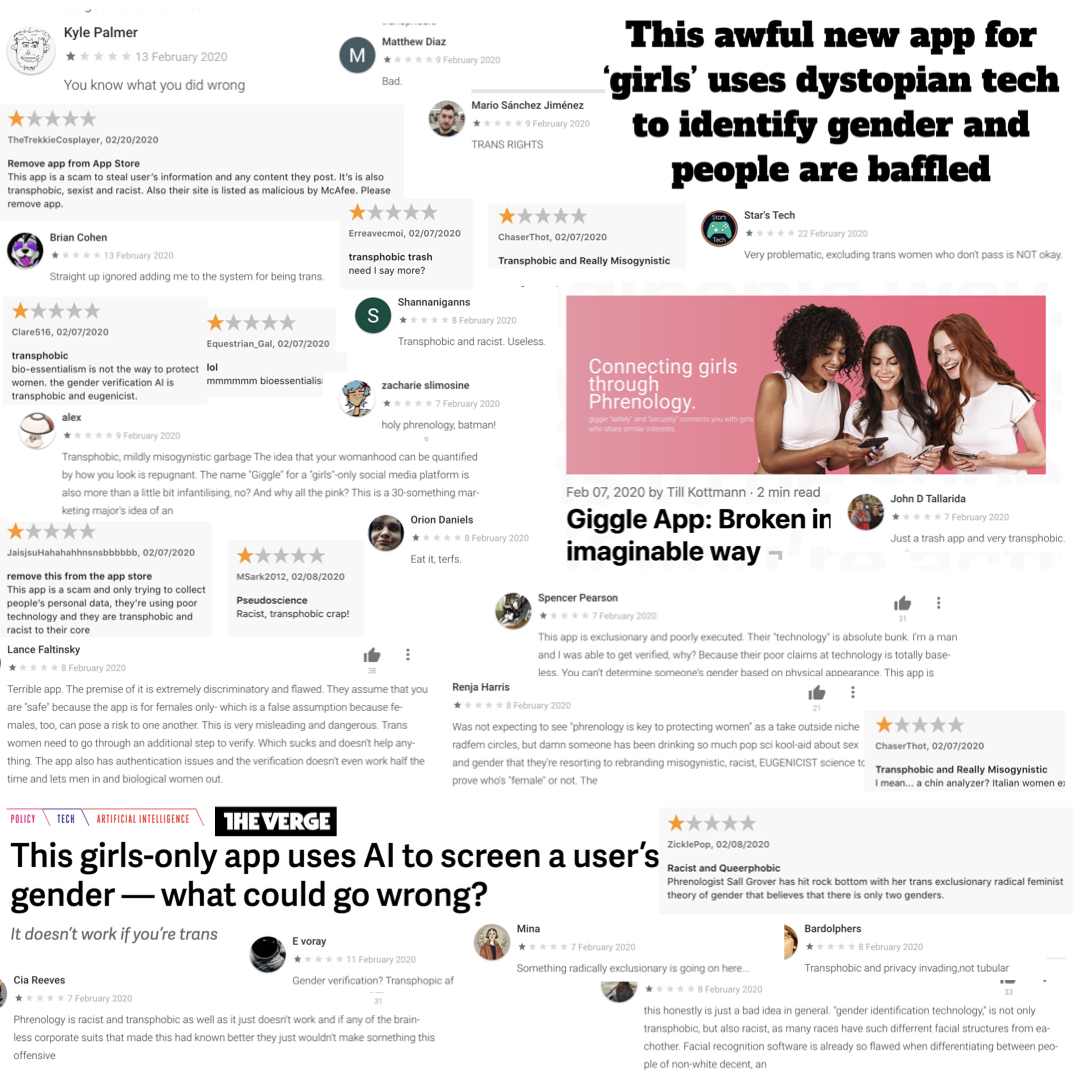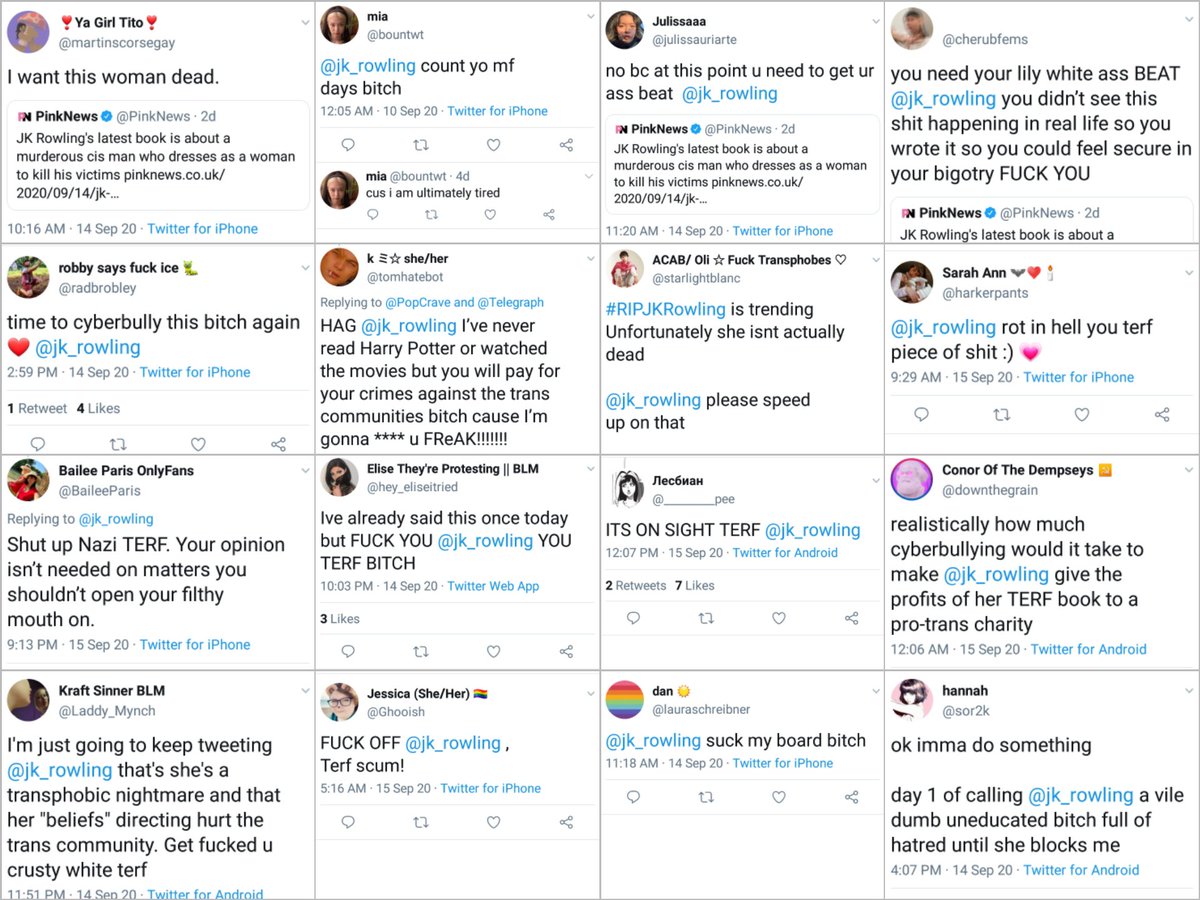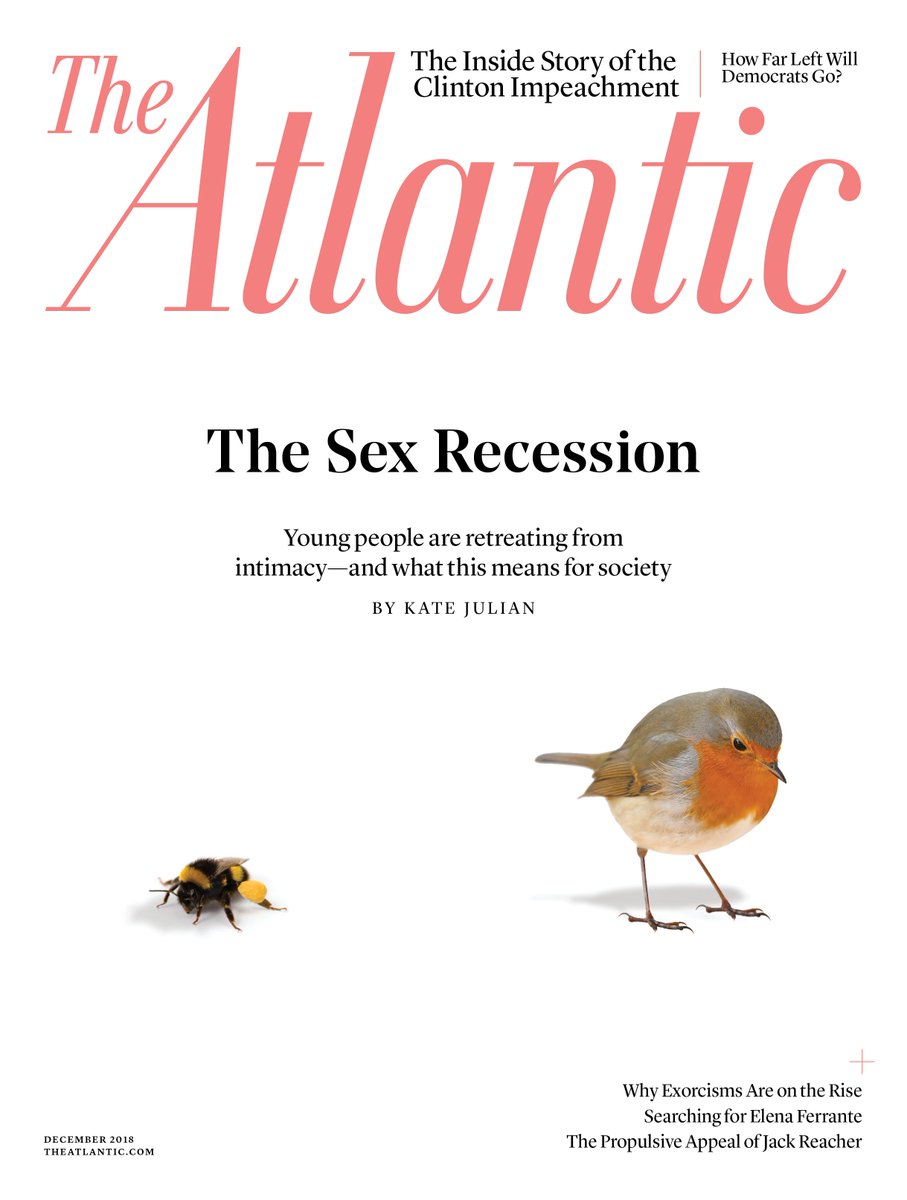To start, here's the most popular thread I've written.
Thoughts on what made it work, below.
https://t.co/AIOAYiWEcQ
1. Quality
The threads that performed best were (usually) the ones I put the most effort into.
One example is this one about Jeff Bezos's origins. I spent hours researching and drafting it.
It's worth taking the time to craft your words.
https://t.co/6zWbc4AXLE
2. Timeliness
Capitalizing on the news can be one way to expand viewership.
When Fornite launched its #FreeFortnite campaign, I wrote this thread.
At the time, it was my 2nd best performing thread. It also introduced me to the lovely
@JoshConstine. https://t.co/IEoEYYHtzj
3. Narrative Arc
Have a clear start and end in your mind.
I made this mistake with a few Amazon threads. I thought because my first one worked, I could keep the story going. But they didn't have as clear a narrative arc and were much less popular.
https://t.co/CuR4C9jwZD
4. Imagery
Creating a special title image made no difference.
The threads that took off used photos. And some of the most fascinating stories that used a title image went nowhere.
One example: the story of the kidnapping of Freddy Heineken.
https://t.co/Xchm3r3hlb
5. Polls
Polls are good for engagement, but not likes or RTs.
100 people played this Twitter trivia game I tried out, but it yielded very few likes or RTs. A few people liked it a lot though.
https://t.co/8duUtG0vfo
6. Quotes
In their brevity, quotes are well-suited to Twitter.
This one about Abraham's Lincoln wisdom did reasonably well for me (at the time). They also take much less time.
https://t.co/tUPCVXzCN8
6. Good News
If you have something big to share, share it.
Even though other threads performed better, the 1K that liked my thread about going full-time on The Generalist meant the most.
Twitter can be a supportive place.
https://t.co/lbO0eeyOCd
7. Answer a Question
After I announced going FT on The Generalist, I had other writers reach out asking what tools I used.
So I shared that list publicly. It made it easier for me to give people detailed information.
https://t.co/D48vNUgYVD
8. Curate Information
This was written after the 30 days, but is something I'd like to do more of: compile info into a single thread.
This covers 2020's IPOs. It features my writing along with others' work. There's value in simplifying consumption.
https://t.co/WcikPizTHW
9. To 👇 or Not to 👇?
I've heard some folks find the use of the 👇 annoying.
I think it may feel manufactured to some.
Personally, I think it is a useful visual to let readers know that there's more to the story. To each their own.
10. The Perfect Topic?
Why did the Tesla tweet work?
Written on a plane, quicker than usual. Not based on any news.
But it hit a sweet spot: something ppl know a *little* about, but not as much as they'd like. Familiarity gets ppl intrigued, uncommon insight seals the deal.
11. Astroturfing
If you want to, you can post your thread into other threads to get visibility.
I did this for the Fortnite thread. Then I felt sick for being spammy and deleted them all. It may be a viable strategy but feels icky to me.
Again, do you.
12. Where Next?
The threads I found most fun to write were narrative and evergreen. I think a year from now, readers will still be interested in:
- Jeff Bezos' Origins
- The Life of Tesla
+ some others. So that's what I plan to write more of.
I'll also write my newsletter, which is my number 1 priority. If you'd like to be a part of that journey, sign up here.
You'll join +11K creators and thinkers interested in technology. Entirely free.
https://t.co/Tnl6ePFgif























